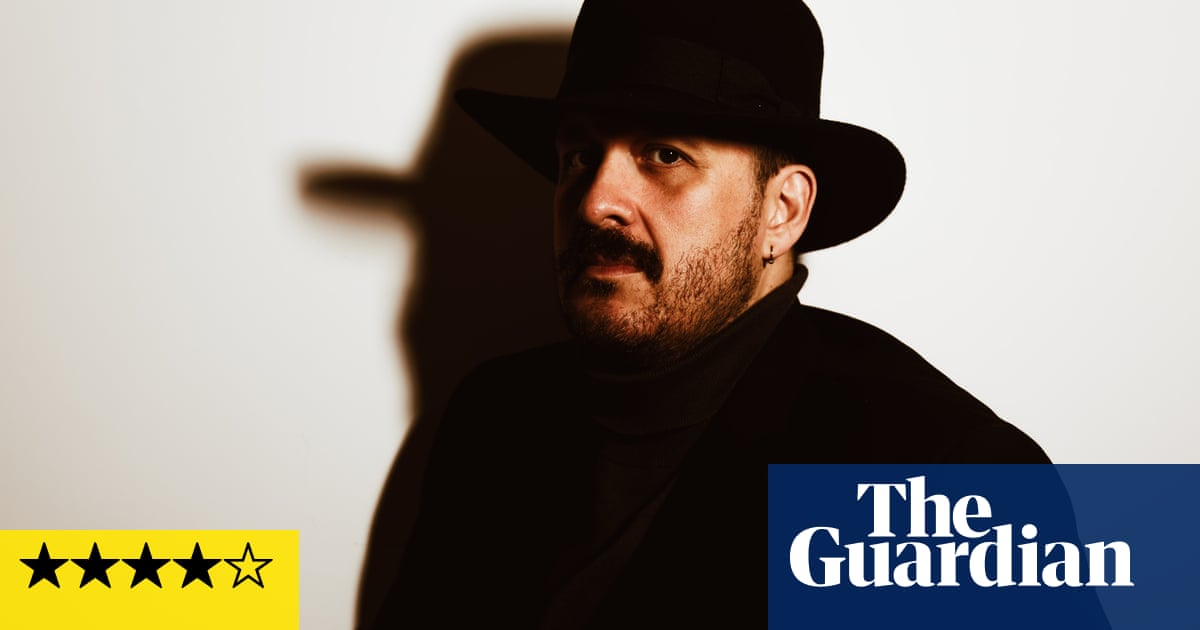‘Some people face the music,” Brian Christinzio sings on The Tent. “Some people face the floor.” On this outlandish seventh album, the Manchester-based US singer-songwriter makes a bold bid for the former. That song alone excavates childhood memories, with Christinzio crunching leaves and finding caterpillars, cutely illustrated by twinkling piano, only for abrupt tonal shifts (siren-like drones, distorted vocals, heavenly choirs) to crash in like intrusive thoughts. It’s a queasy, visceral introduction to a record which confronts the summer he was abused, as a child, by an adult camp counsellor.
A Sober Conversation is an eccentric rock opera about repression, depression and anger told with the meta-theatrical, tragicomic style that has won Christinzio a cult following. The title track veers into showtune territory, shimmying in double time as he employs a kooky variety of voices to tease a “big secret”, but also has a gorgeous, melancholy vocal melody that Sufjan Stevens would be proud of. Single Two Legged Dog, a glam piano-pop duet with the Last Dinner Party’s Abigail Morris, sticks a middle finger up to pity and culminates in a howling crescendo. Best (or most galling) of all is Where You Taking My Baby?, a chilling, jaunty confrontation of his abuser with sparse, lovely guitar underpinning the song’s gut-churning question.
Christinzio’s inventive, infuriating writing often packs three extra songs into every single track – but this time for good reason. When the chatter falls away on instrumental closer Leaving Camp Four Oaks, he achieves a hard-won, sun-lit sense of peace.
